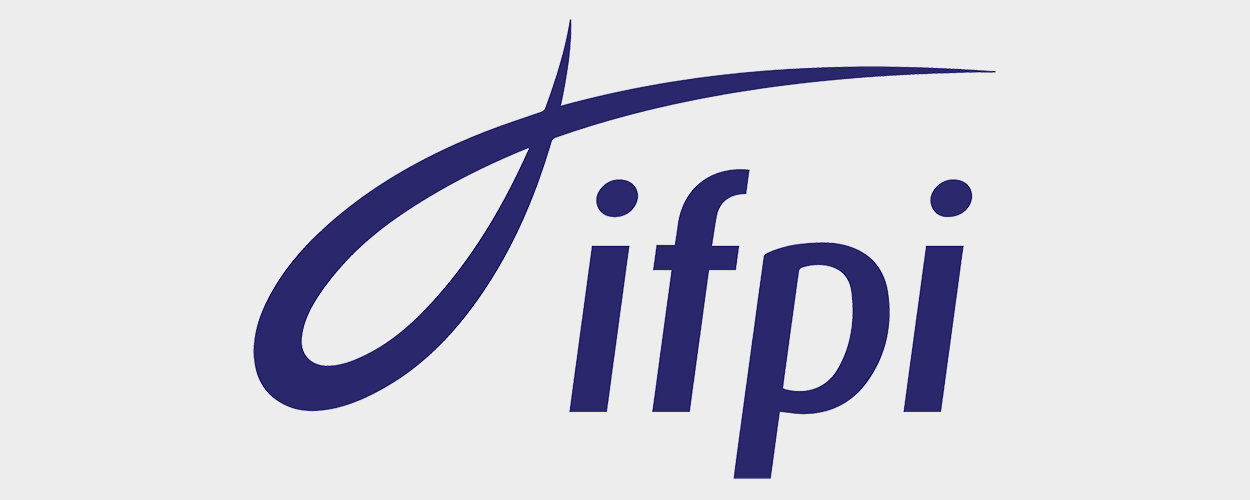This website uses cookies so that we can provide you with the best user experience possible. Cookie information is stored in your browser and performs functions such as recognising you when you return to our website and helping our team to understand which sections of the website you find most interesting and useful.
Business News Digital Labels & Publishers
IFPI welcomes new European Commission report on copyright regimes around the world
By Chris Cooke | Published on Tuesday 23 May 2023

The International Federation Of The Phonographic Industry has welcomed a new report from the European Commission which identifies issues and concerns with the way intellectual property rights are structured and enforced in various countries.
Published every other year, the EC says that its EU Priority Countries Report aims to identify countries outside the European Union “in which the state of intellectual property rights protection and enforcement – both online and offline – gives rise to the greatest level of concern”.
The ‘priority countries’ identified in the report are “not necessarily those where intellectual property rights protection and enforcement are the most problematic in absolute terms but rather those where such deficiencies are deemed to cause the greatest economic harm to EU interests”.
The report is similar to the Special 301 Report put together by the US government, the most recent edition of which was published last month. Both reports make China a high priority, noting that – while there have been definite improvements in the Chinese intellectual property regime in recent years – more needs to be done.
The EC report states: “China has amended its … legislation to strengthen intellectual property rights protection but legal certainty and uneven or inconsistent application of the laws remain a major issue, coupled with high levels of piracy and counterfeiting that would require further measures, even though China has made progress here as well”.
Commenting on the EC report, the IFPI notes that some of the concerns it has raised are highlighted, including “the absence of effective performance rights in practice in Indonesia and South Korea, alongside ongoing issues such as the problematic Section 31D statutory licence in India”.
The latter relates to a position taken by the Indian government in 2016 that on-demand streaming should be classified as ‘broadcasting’, meaning streaming platforms could in theory utilise a statutory licensing system originally intended for more conventional broadcasters.
In terms of positives highlighted in the new report, the IFPI notes that the EC “recognises the progress made in Nigeria in adopting the new Copyright Act. While there are still some concerns around the practical enforcement of rights in Nigeria, the act should help improve the protection of online content whilst strengthening the enforcement of copyright in the local digital environment”.
“Similarly, whilst still highlighting Brazil’s ongoing failure to ratify the World Intellectual Property Organisation treaties, it recognises the positive developments made around enforcement in the country over the last twelve months”.
Commenting further on the report, IFPI boss Frances Moore, says: “We welcome the latest update from the European Commission and are pleased to be able to support its ongoing work in this area. Properly established and enforced intellectual property rights are fundamental to the sustainable success of a country’s music sector and the essential economic and cultural contribution it makes”.
“The US government recently published its Special 301 Report”, she also notes, “which examines the adequacy and effectiveness of US trading partners’ protection and enforcement of intellectual property rights. It similarly reflects IFPI’s perspectives, and those of the European Commission, including around Brazil, China, India and Thailand”.
“We hope that both reports will help to raise awareness of the deficiencies in intellectual property rights protection in these countries”, she concludes. “We continue to work alongside our member record companies … to improve the situation for the benefit of music communities around the world”.
You can download the EU Priority Countries Report here.





